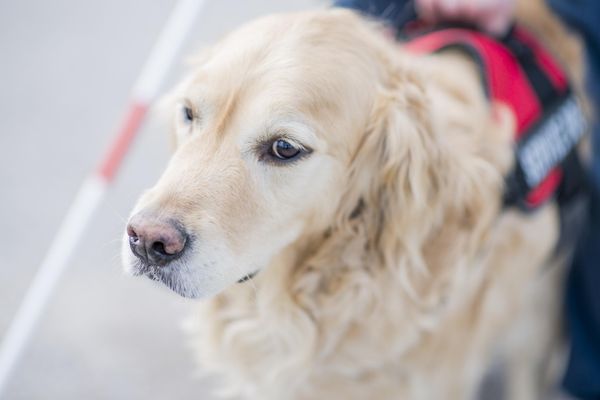Q:
My wife is a war veteran and an amputee. We both have issues about sex now that she's home. Where can we go for help for our sex life?
A:
It is not uncommon for returning veterans to have problems with sexual closeness. You and your wife have a lot of changes to adjust to. Let's start with her injury. Being an amputee can definitely affect one's sex life. One survey of 85 amputees found that 42 percent said that their sexual life had changed after limb amputation and 72 percent of these respondents were less interested in sex after their amputation. Nonetheless, most of them were satisfied with their sex lives, implying that the amount of sex they were having was acceptable to them. However, you may find this change is difficult for you.
You may also have issues to confront related to her deployment, such as changes in your roles. You may have taken on different or additional responsibilities when your wife was away, and now that she has returned it may take time to transition back to your previous role.
Something else to keep in mind is that a number of women (and men) who have served in the military experience sexual trauma. Military sexual trauma (MST) is any kind of unwanted sexual attention. MST includes insulting sexual comments, unwanted sexual advances, or even sexual assault. Being a victim of MST can leave women feeling alone, depressed and anxious. This is particularly important if you notice a change in your partner's sexual behavior.
What's most important is that the two of you communicate and, as you are doing now, seek help from a health care professional. You should start with your closest Veterans Affairs (VA) hospital, whose mental health therapists are trained to address deployment-related issues. The VA also has special services targeted toward female veterans and for returning veterans:
https://www.va.gov/health-care/health-needs-conditions/womens-health-needs/ (VA women)
www.mentalhealth.va.gov/returningservicevets.asp (VA returning)
Make sure you tell the intake counselor about your specific problems and see if the counselor can recommend a therapist who is trained to help with sexual issues related to amputation. Getting the help you need is the first step toward healing your sexual relationship and ensuring that your marriage remains strong.
Make sure you and your wife make time for yourselves and each other. For specific suggestions on sexual activity, you may want to read The Amputee's Guide to Sex by Jillian Weise.
For more information on this topic and related conditions, visit our Veterans' Health and Wellness Center.







